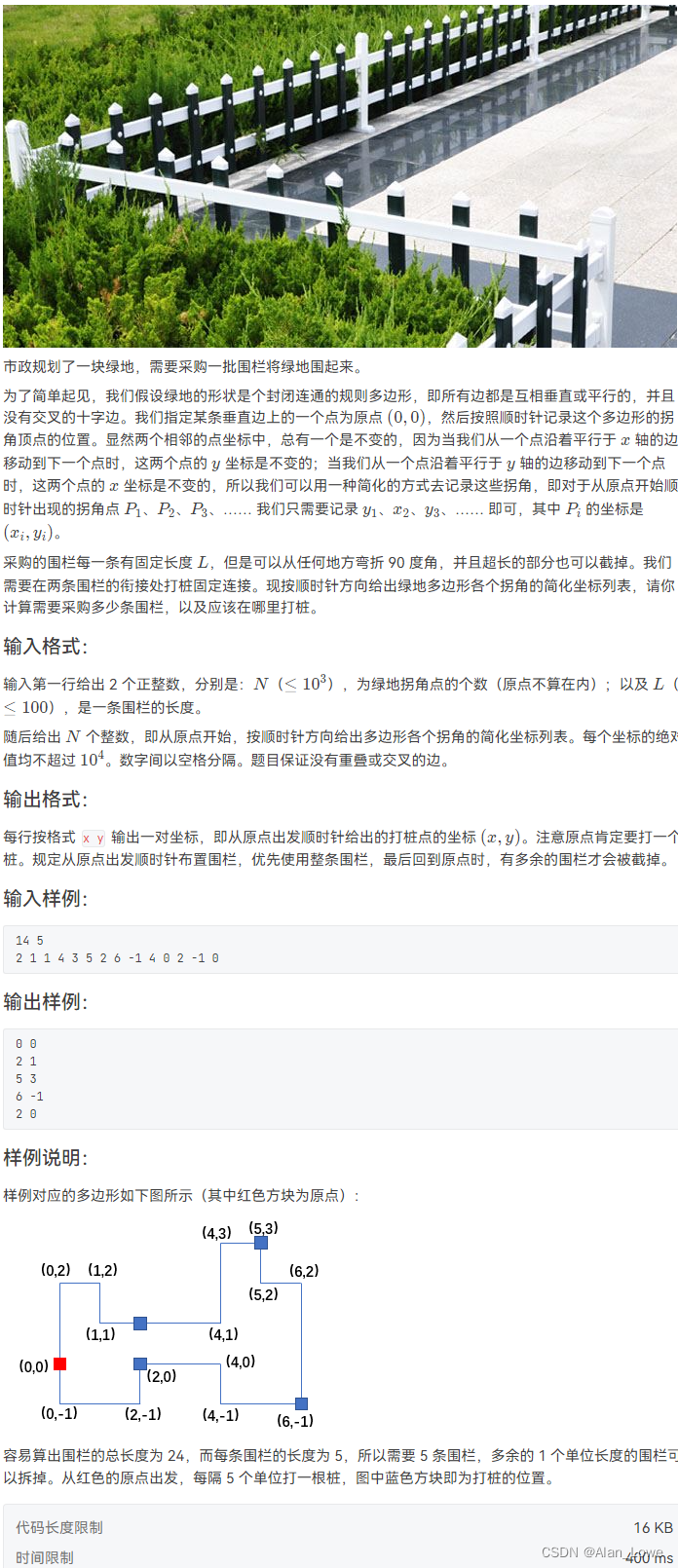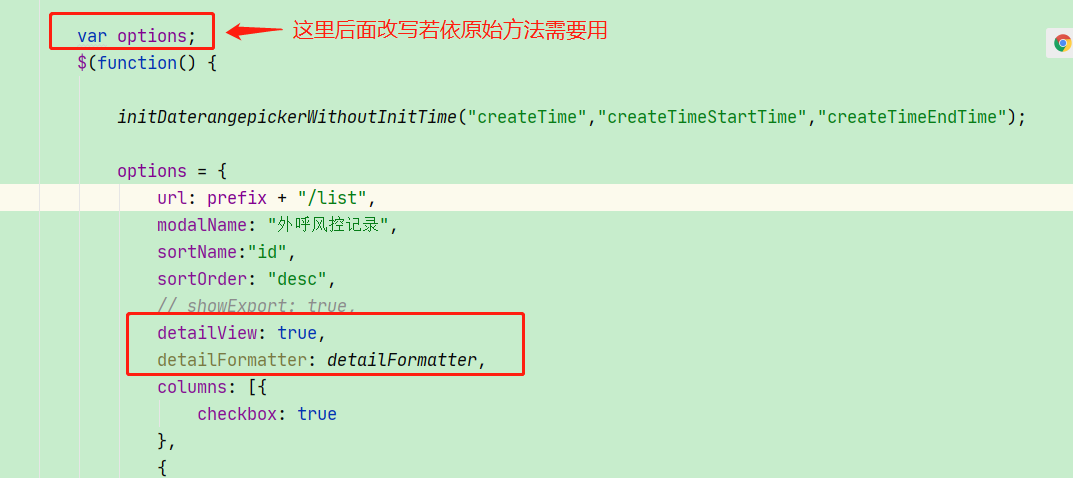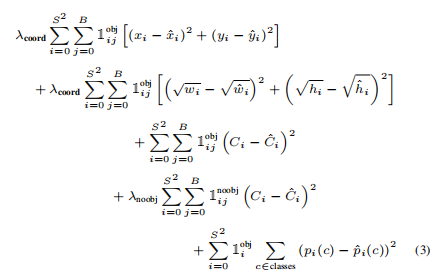当前位置:网站首页>hdu 1285 确定比赛名次(拓扑排序)
hdu 1285 确定比赛名次(拓扑排序)
2022-08-09 18:35:00 【51CTO】
题目: http://acm.hust.edu.cn/vjudge/problem/viewProblem.action?id=30402
Description
有N个比赛队(1<=N<=500),编号依次为1,2,3,。。。。,N进行比赛,比赛结束后,裁判委员会要将所有参赛队伍从前往后依次排名,但现在裁判委员会不能直接获得每个队的比赛成绩,只知道每场比赛的结果,即P1赢P2,用P1,P2表示,排名时P1在P2之前。现在请你编程序确定排名。
Input
输入有若干组,每组中的第一行为二个数N(1<=N<=500),M;其中N表示队伍的个数,M表示接着有M行的输入数据。接下来的M行数据中,每行也有两个整数P1,P2表示即P1队赢了P2队。
Output
给出一个符合要求的排名。输出时队伍号之间有空格,最后一名后面没有空格。
其他说明:符合条件的排名可能不是唯一的,此时要求输出时编号小的队伍在前;输入数据保证是正确的,即输入数据确保一定能有一个符合要求的排名。
Sample Input
4 3 1 2 2 3 4 3
Sample Output
1 2 4 3
我一般不找失败的借口,但是这题真是前辈误导了我 ||- _ - 听说要用优先队列,我啪啦啪啦敲完后发现和题里例子都对不上。优先级的问题都未能很好解决,怎么能用优先队列呢?比如用例,1-->2-->3<--4。在拓扑排序完成后,1和4是同一级的,所以结果该是1 4 2 3。sigh~以后想好再敲。
为逝去的代码默哀3分钟:
WA:
不用优先队列,直接在遍历时就控制大小:
AC:
边栏推荐
- 环境:Flink版本:1.15.1jar包:flink-sql-connector-oracle
- Samsung's flagship discount is 1,800, Apple's discount is over 1,000, and the domestic flagship is only reduced by 500 to send beggars
- Win10系统80端口被占用的解决方法
- 全自动化机器学习建模!效果吊打初级炼丹师!
- 最新BEV感知基线 | 你确定需要激光雷达?(卡内基梅隆大学)
- 数学建模——模拟退火
- uniapp离线推送华为厂商申请流程
- AWS CodePipeLine 跨账号部署ECS
- Swift--多条件排序
- MYSQL物理存储文件的页和INNOBUF的页是否有大小区别?
猜你喜欢

对应运放 RC 滤波负反馈的波形
![[免费专栏] Android安全之和平精英(FZ)APK逆向分析](/img/22/a5129a310eec5ee1bf6f1cf90d05de.png)
[免费专栏] Android安全之和平精英(FZ)APK逆向分析

2021 RoboCom 世界机器人开发者大赛-本科组(决赛)
![[免费专栏] Android安全之Android应用的汉化功能(修改so中的字符串内容)](/img/f6/7901b2cf6812a02c34c182fe33dd16.png)
[免费专栏] Android安全之Android应用的汉化功能(修改so中的字符串内容)

2022深圳(软考中级)系统集成项目管理工程师报名

工大科雅深交所上市:市值45亿 齐承英家族是大股东

单片机编程-状态机

Open Source Summer | List Details Display Based on Ruoyi Architecture

Fully automated machine learning modeling!The effect hangs the primary alchemist!

YOLO v3 source, rounding
随机推荐
队列题目:用队列实现栈
[免费专栏] Android安全之Android Studion 动态调试APK的两种方法
Paper sharing: "FED BN" uses the LOCAL BATCH NORMALIZATION method to solve the Non-iid problem
MYSQL物理存储文件的页和INNOBUF的页是否有大小区别?
基于CC2530 E18-MS1-PCB Zigbee DIY作品
对应运放 RC 滤波负反馈的波形
C#/VB.NET:从PowerPoint文档中提取文本和图片
全自动化机器学习建模!效果吊打初级炼丹师!
三星旗舰优惠千八,苹果优惠过千,国产旗舰只降五百打发叫花子
2022了你还不会『低代码』?数据科学也能玩转Low-Code啦!
数据库注入提权总结(一)
单调栈
开源一夏 | 基于若依架构的列表详情展示
MySQL备份与恢复
IS31FL3737B general 12 x 12 LED drive 40 QFN I2C 42 ma
电商项目架构图
awk use
[免费专栏] Android安全之Xposed插件开发【从零手把手带】教程
Linux上给PHP安装redis扩展
Office 365 Group概述以及创建方法